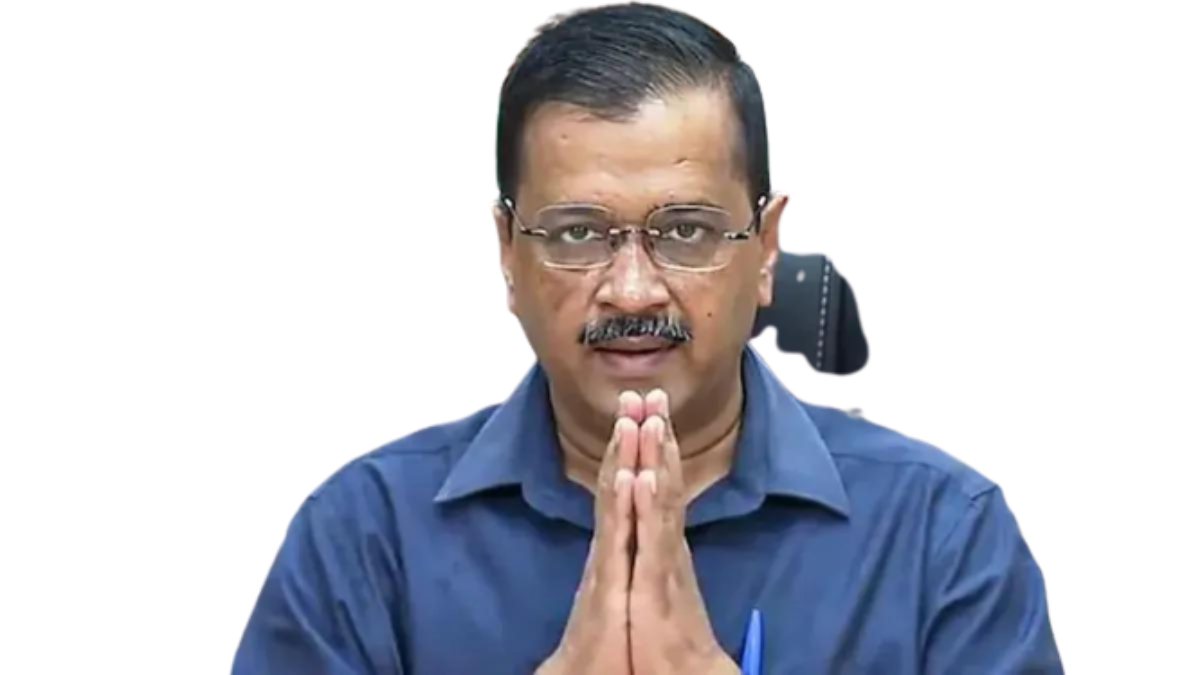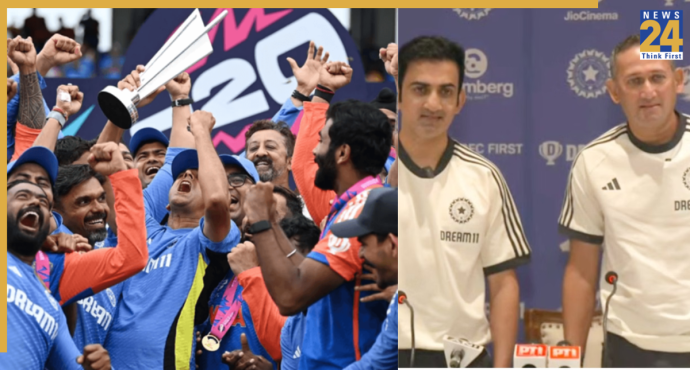The Rouse Avenue Court in Delhi on Wednesday rejected an interim bail request from Delhi Chief Minister Arvind Kejriwal, who sought a seven-day release for medical reasons. Kejriwal is currently held in Tihar Jail in connection with a money-laundering case related to the now-defunct excise policy.
The Rouse Avenue Court has extended Arvind Kejriwal’s judicial custody until June 19, following his virtual appearance before the court.
The court also instructed the relevant authorities to carry out necessary medical tests for the Aam Aadmi Party leader. Arvind Kejriwal’s application for default bail is scheduled to be considered on June 7.
Kejriwal, who was arrested in March, was granted a temporary three-week bail to campaign in the Lok Sabha elections 2024, which concluded on June 1. He returned to pre-trial detention the following day.
On Sunday, the Rouse Avenue Court ordered Arvind Kejriwal to remain in judicial custody until June 5. Duty judge Sanjeev Aggarwal observed that Kejriwal had surrendered to Tihar Jail as per Supreme Court directives.
The court was considering an application from the Enforcement Directorate (ED) requesting judicial custody for the Delhi Chief Minister, which had been pending due to Arvind Kejriwal’s interim bail.
Also Read: Kerala: CM Pinarayi Calls For ‘Critical Review’, After BJP’s Victory
The court reviewed an ED application filed on May 20, seeking a 14-day extension of Kejriwal’s judicial custody while he was out on interim bail granted by the Supreme Court.
On June 1, the court reserved its decision on a new interim bail plea by Kejriwal, who sought a seven-day release.
Earlier, on April 9, the Delhi High Court dismissed Kejriwal’s plea for release, rejecting his claims of political vendetta amid the upcoming Lok Sabha elections.
On June 4, the Supreme Court declined to consider AAP leader Manish Sisodia’s bail pleas in the cases filed by the CBI and ED related to the alleged Delhi liquor policy scam.
However, the apex court indicated that Sisodia could renew his bail petitions once the ED and the CBI submit their final prosecution complaint and charge sheet, respectively, in the cases involving alleged corruption and money laundering.
A prosecution complaint serves as the ED’s equivalent of a charge sheet.
(With Agency Inputs)













